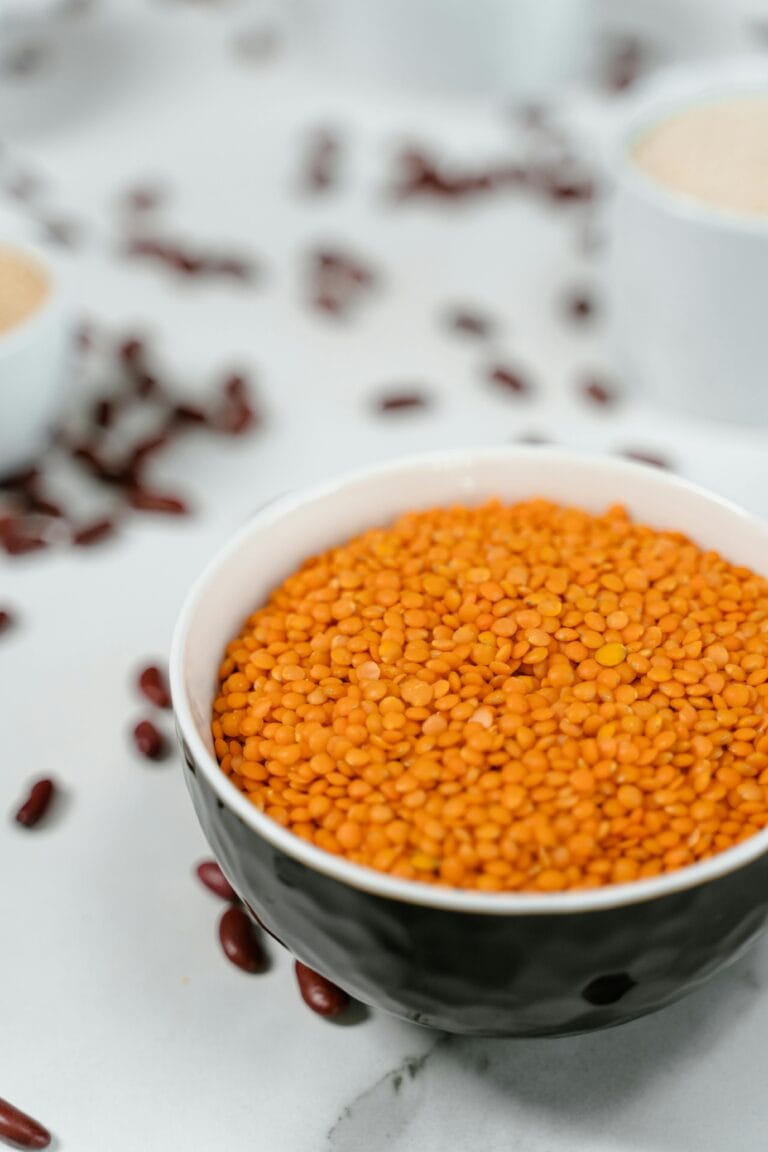The Nutritional Profile of Oranges
Oranges are not only a delicious and refreshing fruit but also a powerhouse of essential nutrients that deliver various health benefits. One of the standout components of oranges is their remarkable content of vitamin C, a water-soluble vitamin that plays an integral role in numerous bodily functions. Just a single orange can provide approximately 70 mg of vitamin C, exceeding the daily recommended intake for adults. This vitamin is crucial for boosting the immune system, helping the body fend off infections and diseases. Furthermore, vitamin C is a potent antioxidant that protects cells from damage caused by free radicals, thereby contributing to overall wellness.
In addition to vitamin C, oranges also contain a variety of other vital nutrients that enhance their nutritional profile. Fiber is another significant component of oranges, with a medium-sized fruit offering about 3 grams. Dietary fiber aids in digestion and helps maintain a healthy gut, while also contributing to feelings of fullness, which can be beneficial for weight management. Furthermore, the fiber found in oranges can assist in regulating blood sugar levels, making it a suitable choice for individuals with diabetes.
Moreover, oranges are rich in folate, a B-vitamin essential for DNA synthesis and repair, making it particularly important during periods of rapid growth, such as pregnancy. Additionally, they are a good source of potassium, a mineral that supports heart health by regulating blood pressure. The combination of these nutrients, along with their hydrating properties and low calorie count, makes oranges an excellent choice for a balanced diet. Overall, the uses of orange extend beyond mere enjoyment; they provide a comprehensive range of nutrients that support various aspects of health and well-being.
Health Benefits of Regular Orange Consumption

Regular consumption of oranges offers a multitude of health benefits, making them a valuable addition to any diet. Rich in vitamin C, oranges play a crucial role in supporting the immune system, helping the body fend off diseases. Scientific studies indicate that a diet high in vitamin C can reduce the risk of chronic illnesses, including certain types of cancer and cardiovascular diseases. Moreover, the antioxidant properties found in oranges contribute to the prevention of oxidative stress, further promoting health and longevity.
In the realm of heart health, the natural compounds within oranges, particularly flavonoids and fiber, work collaboratively to lower cholesterol levels and improve overall cardiovascular function. Research highlights that individuals consuming a diet rich in citrus fruits, such as oranges, exhibit a lower incidence of heart disease compared to those with limited intake. These factors emphasize the importance of healthy eating habits that incorporate the uses of orange.
Oranges also advocate for digestive health due to their high fiber content, which aids in regulating bowel movements and preventing constipation. The presence of pectin, a soluble fiber found in oranges, helps to maintain gut health by promoting beneficial bacteria. Additionally, maintaining a healthy digestive system can support weight management, making oranges an excellent choice for those looking to maintain or lose weight. Their low calorie count combined with high water content further enhances satiety, preventing overeating.
Additionally, the benefits of eating oranges extend to skin health. The vitamin C in oranges contributes to collagen synthesis, which helps keep the skin looking youthful and vibrant. Furthermore, proper hydration is vital for skin health, and the high water content in oranges supports adequate hydration levels in the body. By incorporating oranges into your daily diet, individuals can benefit from internal and external health benefits that contribute to a better quality of life.
Daily uses of oranges other than eating

Oranges are not only a delicious fruit but also a versatile ingredient that can enhance various aspects of our daily lives. While most people enjoy oranges as a snack or drink, their uses extend far beyond consumption. For instance, incorporating oranges into culinary dishes can elevate flavors and add a refreshing twist. Orange segments can be added to salads to provide a zesty contrast to leafy greens, and the vibrant citrus flavor can enhance the overall eating experience.
Moreover, orange zest, which is the outer peel of the fruit, is highly valued in baking and cooking. It can be used to infuse cakes and pastries, such as orange cake, with a bright aroma and flavor. The zest can also be a wonderful addition to marinades, highlighting the citrus notes in grilled meats or vegan dishes. The uses of orange in desserts are numerous; you can create delightful offerings like orange sorbet or even drizzling orange glaze over baked goods.
In addition to culinary applications, oranges also provide non-culinary uses that enrich our lives. Orange essential oil, extracted from the peels, is a popular ingredient in aromatherapy due to its uplifting and refreshing scent. Incorporating this oil into diffusers can create a calming ambiance, promoting relaxation and well-being. Furthermore, the antibacterial properties found in orange oil make it an excellent choice for natural cleaning products, offering an environmentally friendly alternative in maintaining a clean home.
The versatility of oranges demonstrates their significance far beyond their nutritional value, showcasing numerous practical applications that contribute to our overall quality of life. From delicious recipes to fragrant oils, oranges enhance both our culinary experiences and our living environments.
Incorporating Oranges into Your Diet: Tips and Recipes

Oranges are a versatile fruit packed with flavor and nutrition, making them a delightful addition to any diet. To maximize the benefits of oranges, including their high vitamin C content, it is essential to know how to select, store, and prepare them effectively.
When choosing oranges, look for fruits that are firm, heavy for their size, and have a vibrant skin color. This indicates freshness and ripeness. Avoid oranges with blemishes or soft spots, as these may signify spoilage. Once you have selected your oranges, proper storage is crucial. Keep them in a cool, dry place or in the refrigerator to maintain their freshness longer. Stored properly, oranges can last up to two weeks in refrigeration.
Incorporating oranges into your meals can be both easy and enjoyable. A great way to start is by adding fresh orange segments to salads, which can brighten the dish with their natural citrus flavor. For those looking for a refreshing drink, consider a simple orange smoothie. Blend one ripe orange with a banana, some spinach, and a cup of yogurt for a healthy start to your day. The combination not only enhances the taste but also infuses your body with essential vitamins.
Another delightful recipe to consider is orange cake. This easy-to-make dessert can showcase the fruit’s unique flavor, providing a sweet treat that can be enjoyed by all. Simply incorporate fresh orange juice and zest into your cake batter for a zesty twist. Furthermore, baked goods featuring oranges can serve as a natural alternative to artificial flavorings, elevating the dish’s wellness profile.
By experimenting with these tips and recipes, readers can enjoy the numerous uses of orange in their daily meals while benefiting from their rich nutritional content. Embrace the vibrant taste and health advantages that this fruit offers and allow it to become a staple in your kitchen.








